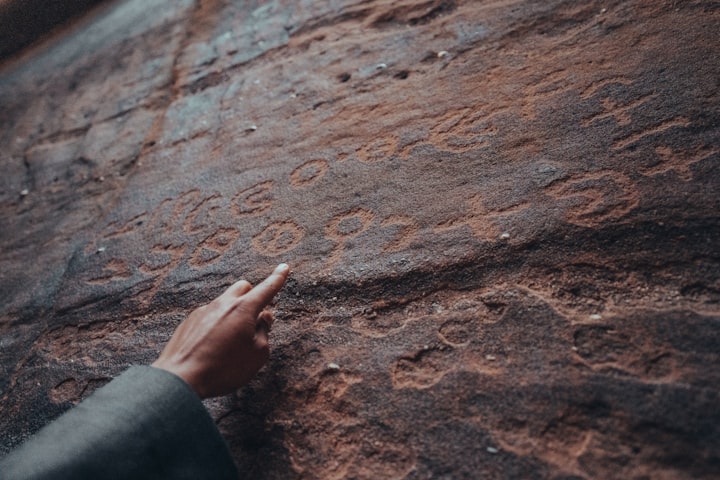**The Evolution of Education: A Journey Through the History of Schools**
Read and enjoy
The history of schools is a rich tapestry woven with threads of innovation, tradition, and societal change. From ancient civilizations to modern educational institutions, schools have played a pivotal role in shaping the minds and futures of generations. This journey through history will explore the key milestones, cultural shifts, and educational philosophies that have shaped the development of schools over the centuries.
**Ancient Beginnings:**
Education has been a fundamental aspect of human society since ancient times. In civilizations such as Mesopotamia, Egypt, and Greece, formal systems of education emerged to pass down knowledge, skills, and cultural values from one generation to the next. In ancient Greece, for example, schools known as "gymnasia" provided physical and intellectual training for young boys, emphasizing subjects like mathematics, literature, and philosophy.
**Medieval Monasteries and Islamic Madrasas:**
During the Middle Ages, education became closely intertwined with religion and scholarship. Monasteries in Europe served as centers of learning, where monks and scholars preserved and transmitted knowledge through manuscripts and oral instruction. Similarly, in the Islamic world, madrasas emerged as institutions for religious and secular education, teaching subjects such as theology, law, mathematics, and astronomy.
**Renaissance Humanism and the Rise of Universities:**
The Renaissance period in Europe witnessed a revival of interest in classical learning and humanist ideals. Renaissance humanists advocated for a broader, more secular education that emphasized the liberal arts, including literature, history, and the sciences. The rise of universities, beginning with institutions like the University of Bologna and the University of Paris in the 11th and 12th centuries, further democratized education and laid the groundwork for modern academic disciplines.
**The Age of Enlightenment and Public Education:**
The Enlightenment of the 17th and 18th centuries brought about significant changes in educational philosophy and practice. Thinkers like John Locke and Jean-Jacques Rousseau championed the idea of education as a means of fostering individuality, critical thinking, and social progress. The establishment of public schools and compulsory education laws in countries like Prussia, Scotland, and the United States reflected a growing recognition of education as a public good and a tool for societal advancement.
**Industrialization and Mass Education:**
The advent of the Industrial Revolution in the 18th and 19th centuries transformed the landscape of education. As urbanization and industrialization accelerated, there was an increasing demand for skilled workers and literate citizens. Mass education systems, modeled after factory production methods, emerged to meet this demand, with standardized curricula, age-based grade levels, and compulsory attendance laws becoming the norm in many countries.
**Progressive Education and Educational Reform:**
In the early 20th century, the progressive education movement challenged traditional pedagogical methods and advocated for a more child-centered, experiential approach to learning. Educators like John Dewey emphasized hands-on learning, critical thinking, and social cooperation as essential components of a modern education. Progressive reforms also sought to address issues of equity and access, advocating for the inclusion of marginalized groups and the elimination of discriminatory practices in schools.
**The Digital Age and Educational Technology:**
The late 20th and early 21st centuries have witnessed a proliferation of educational technology and online learning platforms. The advent of computers, the internet, and digital media has revolutionized the way students learn and teachers instruct. Distance learning, virtual classrooms, and interactive educational software have expanded access to education and personalized learning experiences for learners of all ages.
**Challenges and Opportunities in 21st-Century Education:**
Despite the progress made in education over the centuries, many challenges remain in ensuring quality, equitable education for all. Issues such as inadequate funding, unequal access to resources, and disparities in educational outcomes persist in many parts of the world. Additionally, rapid technological advancements and societal changes present both opportunities and challenges for educators and policymakers as they navigate the complexities of preparing students for an uncertain future.
**Conclusion:**
The history of schools is a testament to the enduring human quest for knowledge, enlightenment, and social progress. From ancient civilizations to the digital age, schools have served as crucibles of learning, innovation, and societal transformation. As we continue to navigate the complexities of education in the 21st century, it is essential to draw inspiration from the past while embracing the opportunities and challenges of the future in shaping the schools of tomorrow.







Comments
There are no comments for this story
Be the first to respond and start the conversation.